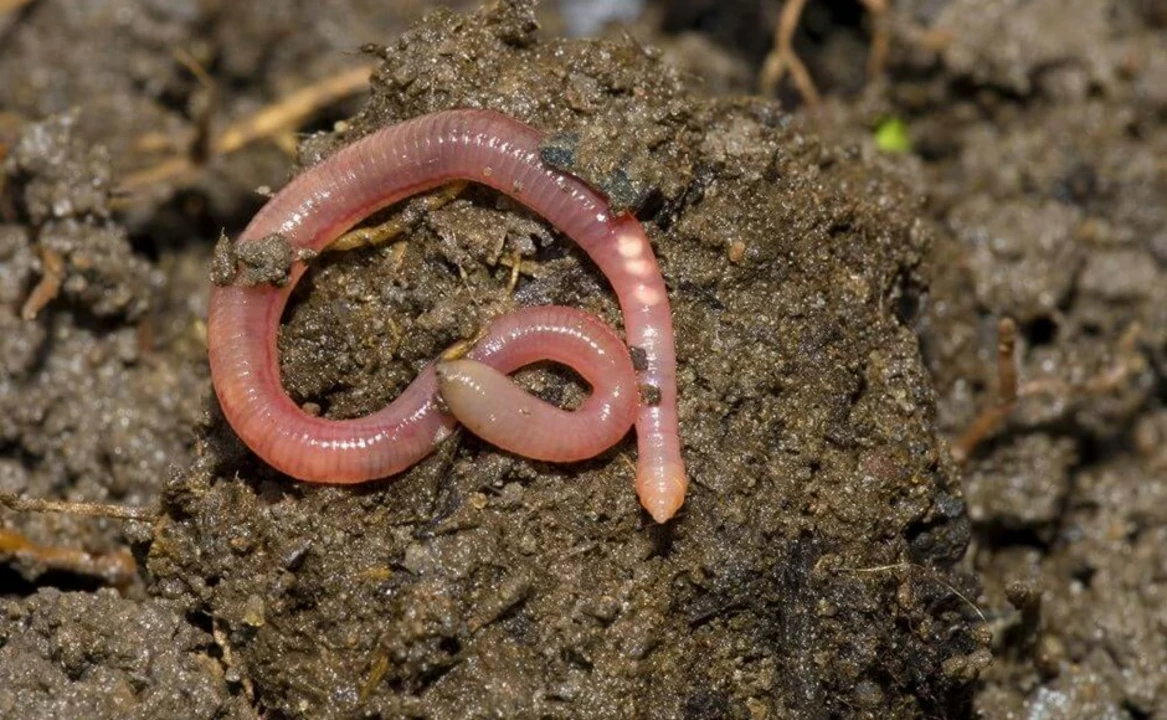Backyard: Grow, Harvest and Use Medicinal Plants Safely
Want to turn a patch of lawn or a balcony into a useful medicinal garden? You can grow helpful plants at home, but there’s a gap between pretty herbs and safe, effective remedies. This tag collects practical how-tos—from planting Cherokee rosehip and jiaogulan to harvesting African wild potato—and explains safety, dosing, and storage so you don’t guess your way into trouble.
What to grow and why it matters
Pick plants that match your space and experience. Small plots and containers do well with jiaogulan, rosehip, and common kitchen herbs that have proven uses. Some backyard finds, like the African wild potato, need careful prep and dosing because they can be toxic if handled wrong. If you want herbs for digestion, sleep, or mild inflammation, choose species with clear, documented uses and easy prep steps.
Growing things yourself gives you control over pesticides and soil quality. Organic soil and simple crop rotation reduce pests and keep the active compounds stronger. If you’re new, start with one or two plants and learn their needs—light, water, pruning—before expanding.
Safe harvesting, preparation and storage
Harvest at the right time. Leaves are usually best in the morning after dew dries; roots and tubers often need the plant to be mature. Clean everything well and handle toxic species with gloves. Dry leaves in a single layer in a cool, ventilated spot; roots and tubers can be sliced thin and dried or cooked according to trusted recipes.
Label everything. Put the plant name, harvest date, and intended use on jars. Store dried herbs in dark, airtight containers away from heat—a pantry shelf works fine. Tinctures last longer but keep them locked out of reach of children and pets.
Dosage matters. Home remedies don’t mean “more is better.” Follow specific guides for each plant and check medical sources before using herbs with prescription drugs. For example, many antiviral or blood-pressure medicines interact with herbal compounds. If you have a chronic illness or take regular medication, talk to a clinician before trying new backyard remedies.
Pest control can be low-tech. Handpicking, neem oil sprays, and companion planting cut infestations without harsh chemicals. Healthy soil is the best defense: add compost, avoid overwatering, and test pH if plants look unhappy.
Finally, use reliable resources. This tag groups articles on safe online pharmacies, herbal supplements, and clinical guides—so you can read a plant profile, learn dosing and toxicity, and then check pharmacy options or clinical references. Grow smart, harvest safely, and treat backyard remedies like the medicines they can be—powerful when used correctly, risky when guessed at.

